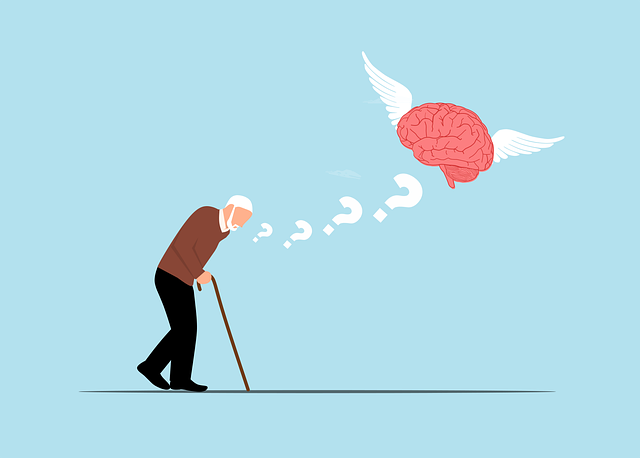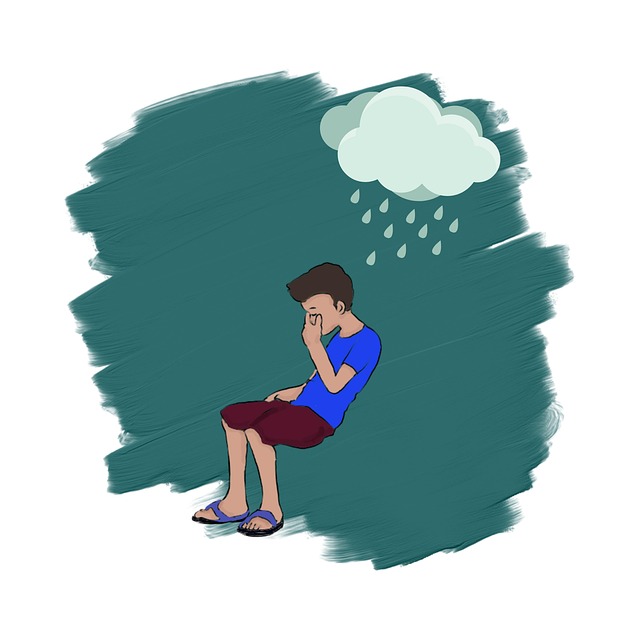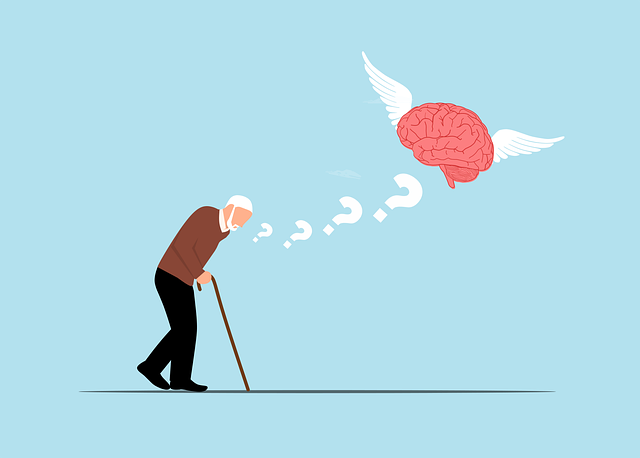Lone Tree Phobias Therapy emphasizes the power of social skills training as a holistic approach to managing mental health conditions like anxiety and depression. Through group therapy, mindfulness meditation, role-playing scenarios, and community outreach programs, clients gain confidence navigating social interactions. This tailored training combines exposure therapy with self-care practices, empowering individuals to express themselves, foster connections, and proactively manage their well-being, demonstrating the effectiveness of such programs through successful case studies.
Social skills training is a powerful tool in managing mental health conditions, especially those like lone tree phobias. This article delves into the intricate relationship between social interactions and mental wellness, highlighting how deficiencies in social skills can exacerbate issues. We explore common mental health conditions affecting social life, focusing on the positive impact of structured training in therapy. Real-world applications are showcased through case studies, demonstrating the effectiveness of social skills acquisition in treatments like Lone Tree Phobias Therapy.
- Understanding the Link Between Social Skills and Mental Health
- Common Mental Health Conditions and Their Impact on Social Interactions
- The Role of Social Skills Training in Therapy
- Effective Strategies for Developing Social Skills
- Real-World Application: Case Studies of Lone Tree Phobias Therapy
Understanding the Link Between Social Skills and Mental Health

Social skills training plays a pivotal role in managing mental health conditions, as there’s a profound link between effective social interactions and overall well-being. Many mental health disorders, such as those involving anxiety or depression, can stem from or be exacerbated by difficulties in social settings. For instance, someone struggling with social anxiety might avoid social situations altogether, leading to isolation and potentially worsening their condition.
At Lone Tree Phobias Therapy, we recognize that enhancing social skills is a powerful tool for mental health improvement. Our programs focus on teaching individuals coping skills development through mindfulness meditation techniques, which help manage symptoms of phobias, anxiety disorders, and even depression prevention. By participating in group therapy sessions and practicing newfound social skills, clients build confidence and learn to navigate social interactions with ease, fostering a sense of belonging and community.
Common Mental Health Conditions and Their Impact on Social Interactions

Mental health conditions can significantly shape an individual’s social landscape and interactions. Common issues such as anxiety disorders, depression, and social phobias (including Lone Tree Phobias) often manifest in ways that impact one’s ability to engage socially. For instance, anxiety may lead to avoidance of social situations due to fear of judgment or embarrassment, while depression can cause a retreat from social connections, leaving individuals feeling isolated.
These conditions can disrupt the natural flow of conversation and non-verbal cues, making it challenging for affected persons to navigate social settings comfortably. However, with the right support, such as those offered by Stress Management Workshops Organization, learning coping skills through training in social skills becomes achievable. Self-care practices and the development of effective coping skills are essential tools that enable individuals to better manage their conditions, thereby enhancing their confidence in social situations.
The Role of Social Skills Training in Therapy

Social Skills Training plays a pivotal role in Lone Tree phobias therapy and broader mental health support. It’s not just about teaching specific interactions; it empowers individuals to navigate social environments with confidence, reducing anxiety and isolation often associated with various mental health conditions. By honing these skills, clients can better express themselves, foster meaningful connections, and develop coping strategies for stress management. This holistic approach is particularly beneficial in overcoming social phobias, where the fear of social situations can significantly impact daily life.
Beyond individual therapy sessions, Stress Management Workshops Organization and Mental Health Education Programs Design incorporating social skills training offer valuable resources. These programs equip participants with practical tools to manage emotional regulation during social interactions, fostering a sense of belonging and self-assurance. Through group exercises and real-life simulations, clients learn to challenge negative thoughts, practice active listening, and develop assertiveness—skills that contribute to enhanced overall well-being.
Effective Strategies for Developing Social Skills

Developing social skills is a crucial aspect of managing mental health conditions, offering individuals tools to navigate relationships and improve their overall well-being. Lone Tree Phobias Therapy, for instance, can be highly effective in this regard, providing a safe space to practice social interactions and challenge fears. One strategic approach involves role-playing scenarios that simulate real-life situations, allowing clients to experience and overcome anxiety triggers gradually.
Additionally, integrating Self-Care Practices into therapy sessions empowers individuals to manage their mental wellness proactively. Mental Health Education Programs Design should focus on teaching effective communication, active listening, and empathy, fostering a deeper understanding of social cues and promoting positive connections. By combining these strategies, individuals can enhance their confidence in social settings, leading to improved support networks and overall mental health outcomes.
Real-World Application: Case Studies of Lone Tree Phobias Therapy

The effectiveness of social skills training in treating mental health conditions is best illustrated through case studies that highlight real-world applications. One such example is the use of Lone Tree Phobias Therapy, which combines traditional exposure therapy with innovative community outreach program implementation. By gradually exposing individuals to their fears in controlled settings, therapists help patients manage and overcome specific phobias related to trees. This approach not only teaches emotional regulation techniques but also integrates conflict resolution skills essential for navigating social interactions during moments of anxiety.
Moreover, the integration of Community Outreach Program Implementation in Lone Tree Phobias Therapy extends the benefits beyond individual therapy sessions. Patients learn to apply their acquired emotional regulation and conflict resolution techniques in real-life scenarios, fostering a sense of confidence and independence. This holistic approach has shown promising results, with many patients reporting significant improvements in their ability to manage social situations previously avoided due to phobia-related anxiety.
Social skills training, particularly tailored for conditions like lone tree phobias, emerges as a potent tool in mental health treatment. By addressing the social aspects of fear and anxiety, this approach empowers individuals to navigate social interactions with greater ease. Incorporating evidence-based strategies, such as cognitive behavioral therapy and role-playing exercises, can significantly enhance their ability to connect and communicate. Real-world applications, like Lone Tree Phobias Therapy, demonstrate the effectiveness of these programs in fostering meaningful connections and improving overall well-being.














